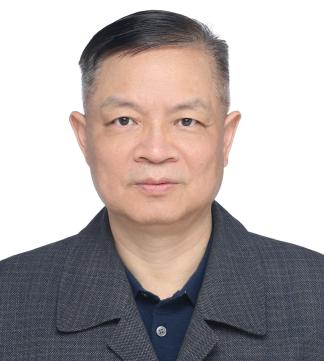
Prof. Ying Tan |
Keynote Lecture:Latest Progress of Fireworks Algorithm (FWA) & Its Applications Abstract:Inspired from the collective behaviors of many swarm-based creatures in nature or social phenomena, swarm intelligence (SI) has been received attention and studied extensively, gradually becomes a class of efficiently intelligent optimization methods. Inspired by fireworks’ explosion in air, the so-called fireworks algorithm (FWA) was proposed in 2010. Since then, many improvements and beyond were proposed to increase the efficiency of FWA dramatically, furthermore, a variety of successful applications were reported to enrich the studies of FWA considerably. In this talk, the novel swarm intelligence algorithm, i.e., fireworks algorithm, is briefly introduced and reviewed, then several effective improved algorithms are highlighted, individually. In addition, the multi-objective fireworks algorithm and the graphic processing unit (GPU) based FWA are also briefly presented, particularly the GPU-based FWA is able to speed up the optimization process extremely. Extensive experiments on benchmark functions demonstrate that the improved algorithms significantly increase the accuracy of found solutions, yet decrease the running time sharply. Finally, several typical applications of FWA, in particular, for big-data application, are presented in detail. Biography:Ying Tan is a full professor of Peking University, director of Computational Intelligence Laboratory at Peking University, and the inventor of Fireworks Algorithm (FWA). He worked as a professor of Faculty of Design, Kyushu University, Japan, in 2018, at Columbia University as senior research fellow in 2017, and at Chinese University of Hong Kong as research fellow, and at University of Science and Technology of China in 2005-2006 as a professor under the 100-talent program of CAS. He is the president of the IASEI, and also serves as the Editor-in-Chief of IASEI Transactions on Swarm Intelligence, and International Journal of Computational Intelligence and Pattern Recognition (IJCIPR), the Associate Editor of IEEE Transactions on Cybernetics (CYB), Neural Networks, International Journal of Swarm Intelligence Research (IJSIR), etc. He also served as an Editor of Springer’s Lecture Notes on Computer Science (LNCS) for 60+ volumes, and Guest Editors of several referred Journals, including IEEE/ACM Transactions on Computational Biology and Bioinformatics, Information Science, Neurocomputing, Natural Computing, Swarm and Evolutionary Optimization, etc. He is the founder general chair of the ICSI International Conference series since 2010 and the DMBD conference series since 2016. He won the 2nd-Class Natural Science Award of China in 2009 and 2nd-Class Natural Science Award of Ministry of Education of China in 2019 and many best paper awards. His research interests include computational intelligence, swarm intelligence, deep neural networks, machine learning, data mining, intelligent information processing for information security and financial prediction, etc. He has published 400+ papers in refereed journals and conferences in these areas, and authored/co-authored 18 books, including “Fireworks Algorithm” by Springer in 2015, and “GPU-based Parallel Implementation of Swarm Intelligence Algorithms” by Morgan Kaufmann (Elsevier) in 2016, and received 8 invention patents. |

Prof.Dan Zhang
Hong Kong Polytechnic University, HKSAR, China
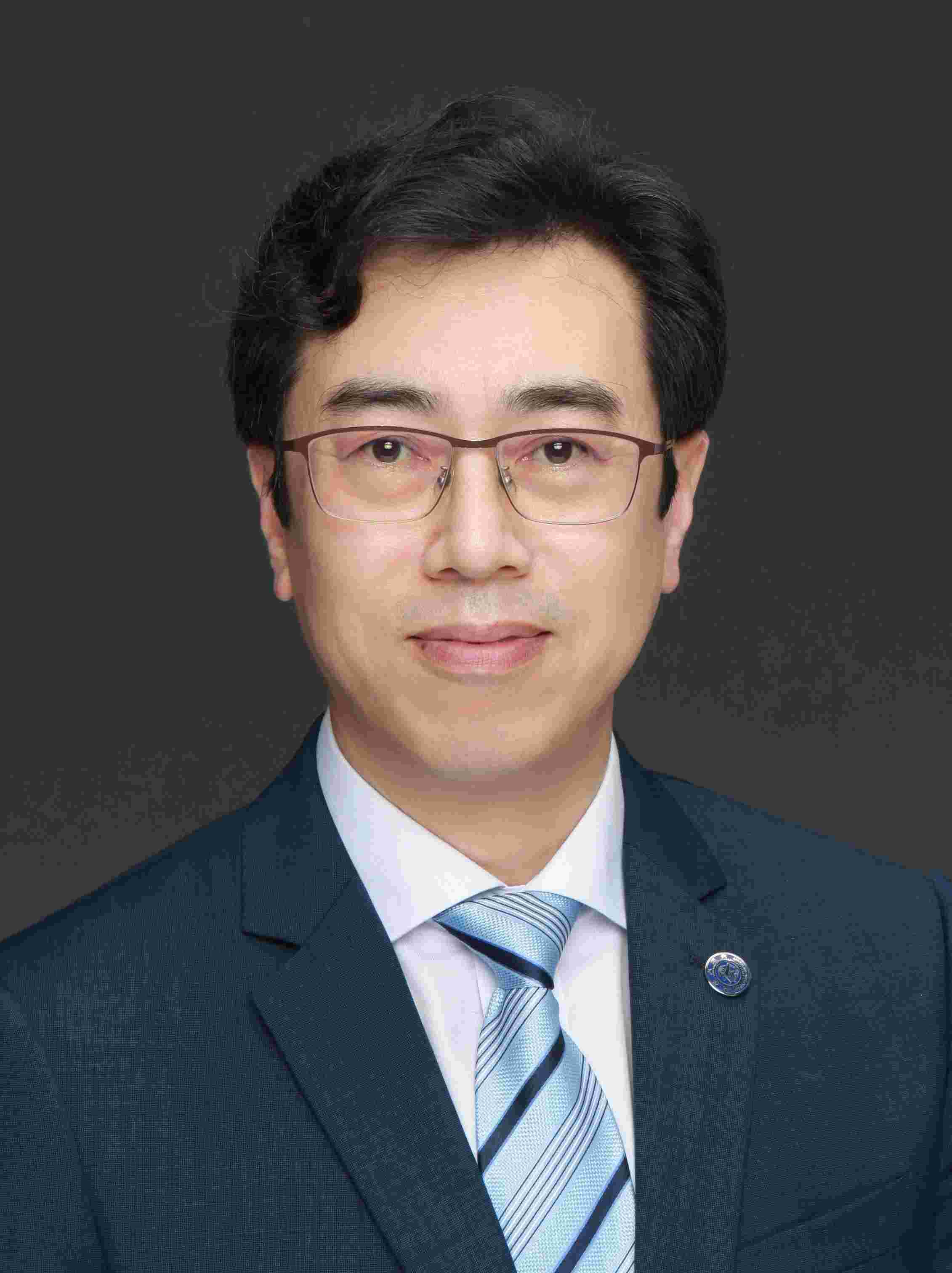
Weidong Chen
Shanghai Jiao Tong University, China

Prof. Hong Zhang
Southern University of Science and Technology (SUSTech), China

Prof. Tor Aulin
Chalmers University of Technology, Sweden
Prof. Makoto Iwasaki
Nagoya Institute of Technology, Japan
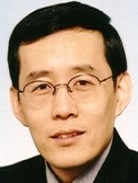
Prof. Hanxiong Li
The City University of Hong Kong, HKSAR, China
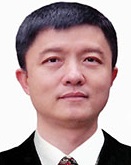
Prof.Ge Chen
Donghua University, China
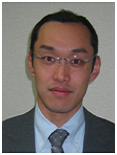
Prof. Seiji Hashimoto
GUNMA UNIVERSITY, Japan

Prof. Tarek A. El-Ghazawi
The George Washington University, USA
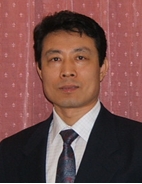
Prof. Wilson Q. Wang
Lakehead University, Canada
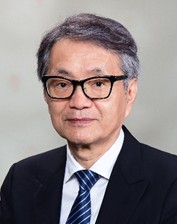
Prof. Yoshihiko Nakamura
Mohamed bin Zayed University of Artificial Intelligence (MBZUAI), UAE

Prof. Zhihong Xia
Great Bay University, China

Prof. Ming Zhou
Eastern Institute of Technology, Ningbo, China

Prof. Lim Tong Ming
Tunku Abdul Rahman University of Management and Technology, Malaysia
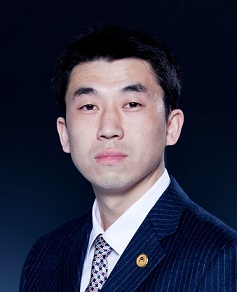
Prof. Zhufeng Shao
Tsinghua University, China
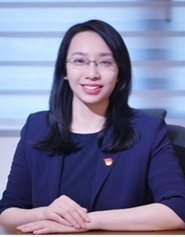
Prof. Jie Song
Peking University, China
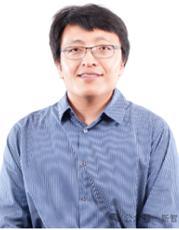
Prof. Kui Jia
The Chinese University of Hong Kong, Shenzhen, China

Prof. Ping Tan
The Hong Kong University of Science and Technology, Hong Kong SAR, China
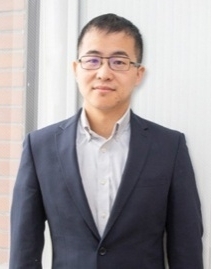
Assoc. Prof. Jia Pan
University of Hong Kong, Hong Kong SAR, China
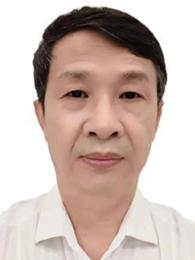
Prof. Han Wang
Quanzhou Normal University, China

Asst. Prof. Guangjie Xia
Great Bay University, China
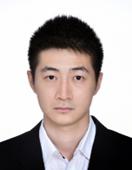
Asst. Prof. Jun Ma
The Hong Kong University of Science and Technology (Guangzhou), China
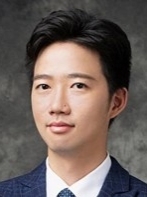
Assoc. Prof. Li Liu
Great Bay University, China
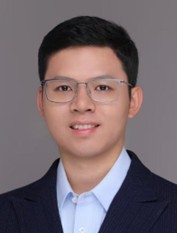
Assoc. Prof. Zitong Yu
Great Bay University, China

Asst. Prof. Sungjoon Choi
Korea University, South Korea
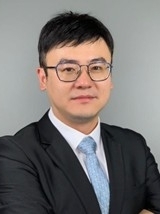
Assoc. Prof. Pai Zheng
The Hong Kong Polytechnic University, Hong Kong SAR, China
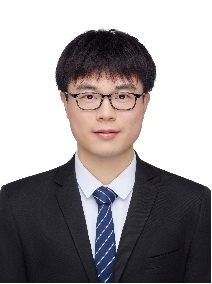
Assoc. Prof. Jianxiao Wang
Peking University, China

Asst. Prof. Jun Li
Great Bay University, China
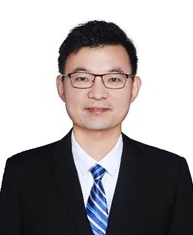
Prof. Qiang Li
Shenzhen Technology University, China
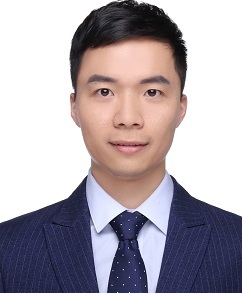
Dr. Haijun Shan
Zhejiang Lab, China
Copyright © AIAAT 2026 | Jul.10-12, 2026 / Kunming, China.